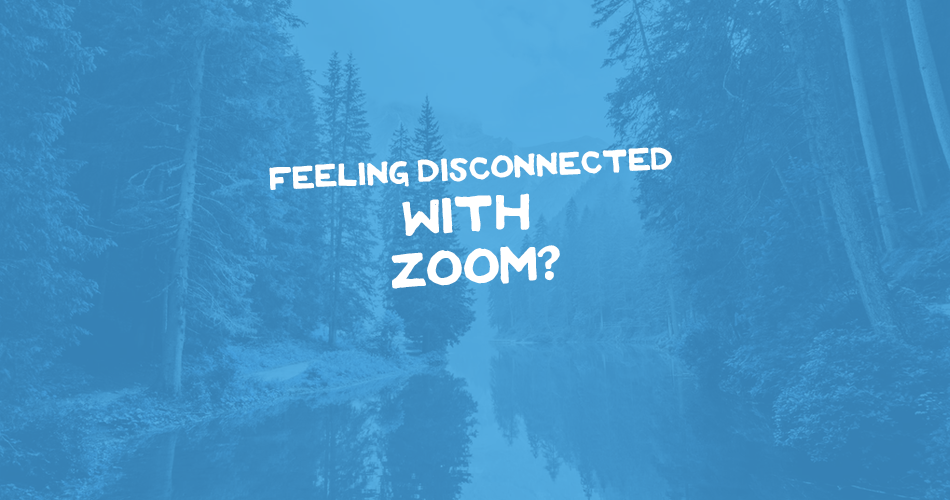It’s been almost a year now since the first lockdown here in the uk, in that time I’ve only been to two physical meetings. I personally can’t wait for us to be able to safely get back to physical meetings and I know a lot of people feel the same way, but for now at least it still seems we have a while to go. A year with recovery on zoom has taught me a lot, here’s my experience in things you can do if you’re feeling disconnected or tired of zoom meetings…
First of all do a quick (and honest) checklist of some basics to make sure you’re set to get the most from your meetings: Is your camera on? Have you put your phone to one side so you can’t distract yourself with Instagram or work emails? Are you paying attention to what people are actually saying and making sure you put your actual focus on the meeting?
If the meeting has an early start, try waking up early, get yourself showered, dressed and grab a coffee. Turn up early and chat as people start arriving. Hang around for five minutes after each meeting and chat to the group before you head off and start your day. If you’re arriving to meetings just as they start, doing them while half-asleep from bed and logging off as soon as possible then it’s probably no surprise you’re feeling disconnected and getting very little from your meetings.
Treat each Zoom like an actual meeting and not an episode of trash TV. If you’ve honestly done all of those things and still struggling, here’s a few other things to try…
If you find yourself attending lots of different meetings, find a regular homegroup and do service. Going to the same meetings each week, treating them like a homegroup, getting to know the regulars and doing service is a great way to feel and stay connected.
If you’re getting bored of the same meetings each week, start branching out. Going to the same meeting week after week, hearing the same perspectives and voices can get tiring and lead to you feeling disengaged from the meeting and group. Zoom has enabled us to log-in to meetings from all over the world at the click of a button. So use this as an opportunity to branch out and meet new fellows, experience new meetings and expand your recovery network and perspective.
Connect with chairs and other people who share. Sometimes I’ll find myself not putting my hand up to share in meetings because larger meetings sometimes have a sea of hands go up at the start. If you feel like you’ve missed your chance to share back to someone who’s said something that you relate to, speak to the meeting host or watch out in the Zoom chat to see if they leave their number behind. I’ve often used this to get in touch with people after the meeting and either leave them a voicenote or call them to share-back in person and let them know how helpful their share was for me.
Share more, carry the message and look to work with newcomers. Sitting back won’t help you feel any more connected, even if you are paying more attention in the meeting it’s a programme of action as they say. Put your hand up, share with the group, carry the message and actively look to get in touch with newcomers to help them along. You’ll start to feel more connected in no time…
Go hard on other parts of your programme. Meetings are just one of the many tools we have access to in recovery, so If you’re really struggling with meetings on Zoom then start leaning on other parts of your programme. Phone more people, read the Big Book, do step work with your sponsor, work harder on inventory, reach out to newcomers and look to be useful in your daily life…



